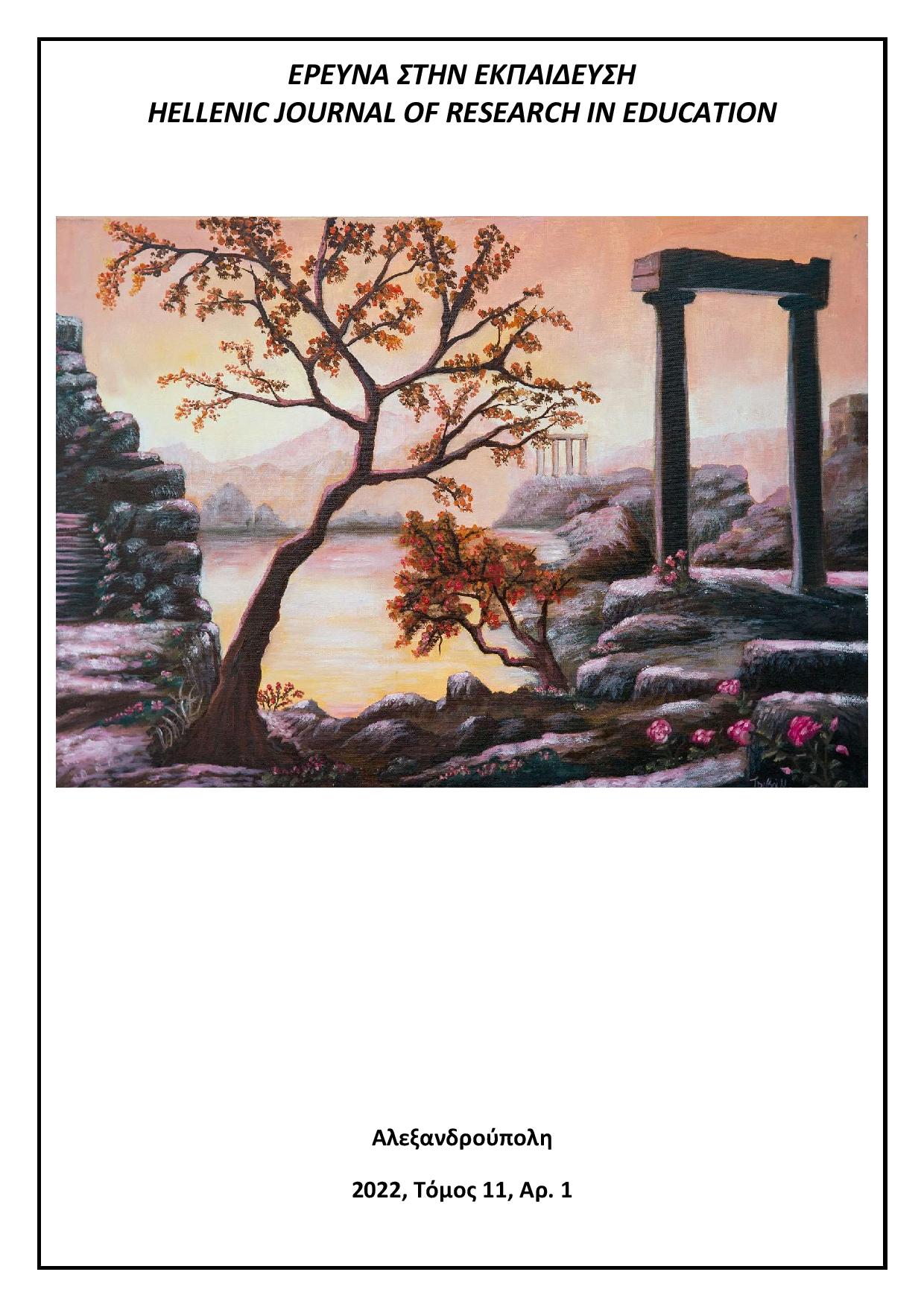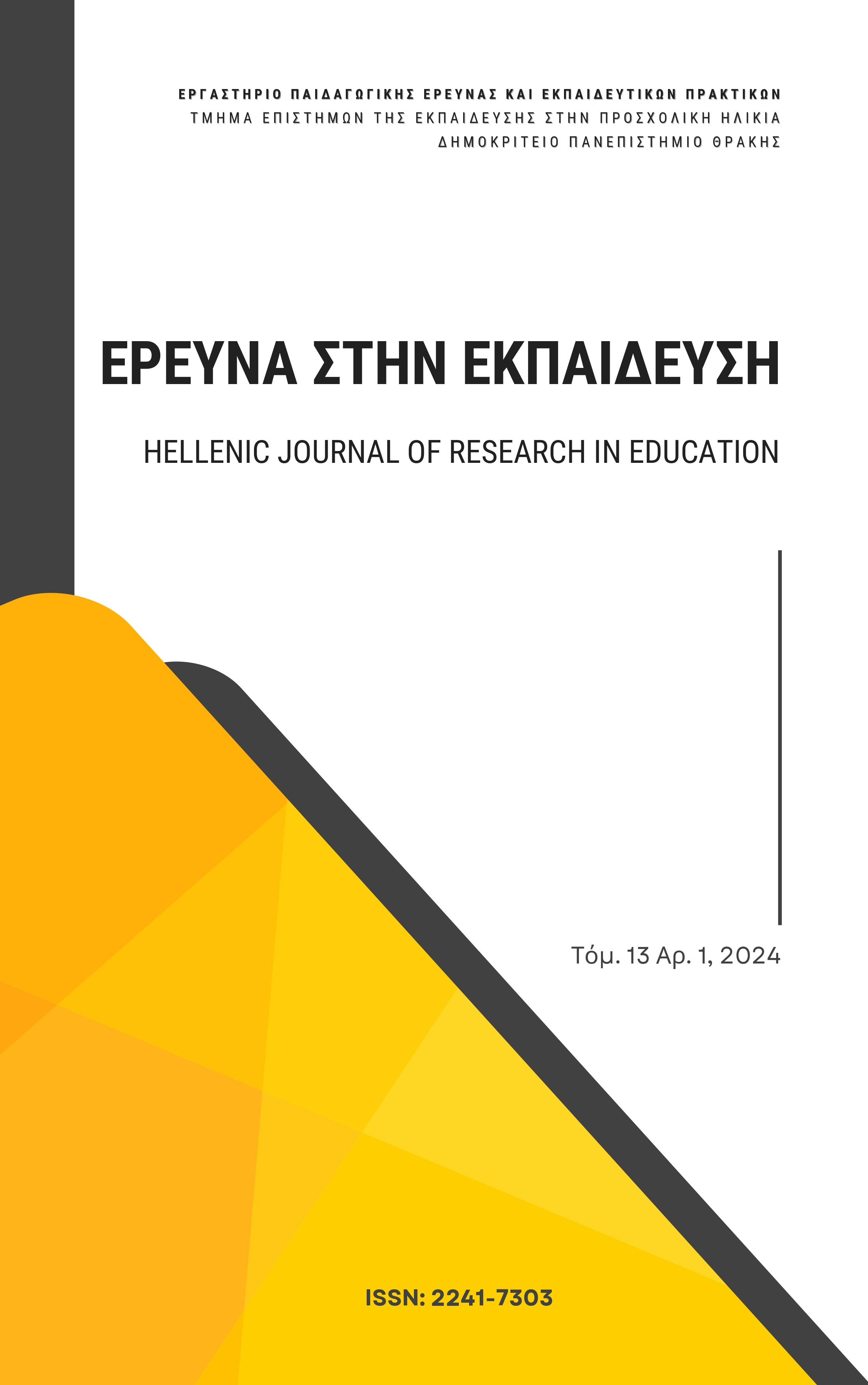Teachers' multicultural self-efficacy and its relationship with classroom management style

Abstract
The continuously increasing cultural diversity in schools indicates the need for implementation of an intercultural oriented pedagogy. In order for teachers to implement an intercultural oriented education they should feel competent enough to perform such a task. The purpose of the current study is to examine primary teachers’ multicultural self-efficacy beliefs and its relationship with classroom management approaches in multicultural classrooms. The sample consists of 139 teachers from primary schools in the district of Attiki. The study results suggest that primary teachers have high levels of multicultural self-efficacy, and they tend to be interactionalists. In addition, findings reveal a negative relationship between the aforementioned variables, which means that teachers with higher levels of multicultural self-efficacy prefer less interventional approaches on classroom management. The findings of this research contribute to an understanding of the importance of the teachers’ efficacy beliefs in managing multicultural classrooms to the choice of instructional and behaviour management strategies.
Article Details
- How to Cite
-
Stavara, C., & Λαμπροπούλου Α. (2022). Teachers’ multicultural self-efficacy and its relationship with classroom management style . Hellenic Journal of Research in Education, 11(1), 217–240. https://doi.org/10.12681/hjre.30562
- Issue
- Vol. 11 No. 1 (2022)
- Section
- Articles

This work is licensed under a Creative Commons Attribution-NonCommercial-ShareAlike 4.0 International License.
Authors who publish with this journal agree to the following terms:
- Authors retain copyright and grant the journal right of first publication with the work simultaneously licensed under a CC-BY-NC-SA that allows others to share the work with an acknowledgement of the work's authorship and initial publication in this journal.
- Authors are able to enter into separate, additional contractual arrangements for the non-exclusive distribution of the journal's published version of the work (e.g. post it to an institutional repository or publish it in a book), with an acknowledgement of its initial publication in this journal.
- Authors are permitted and encouraged to post their work online (preferably in institutional repositories or on their website) prior to and during the submission process, as it can lead to productive exchanges, as well as earlier and greater citation of published work (See The Effect of Open Access).



